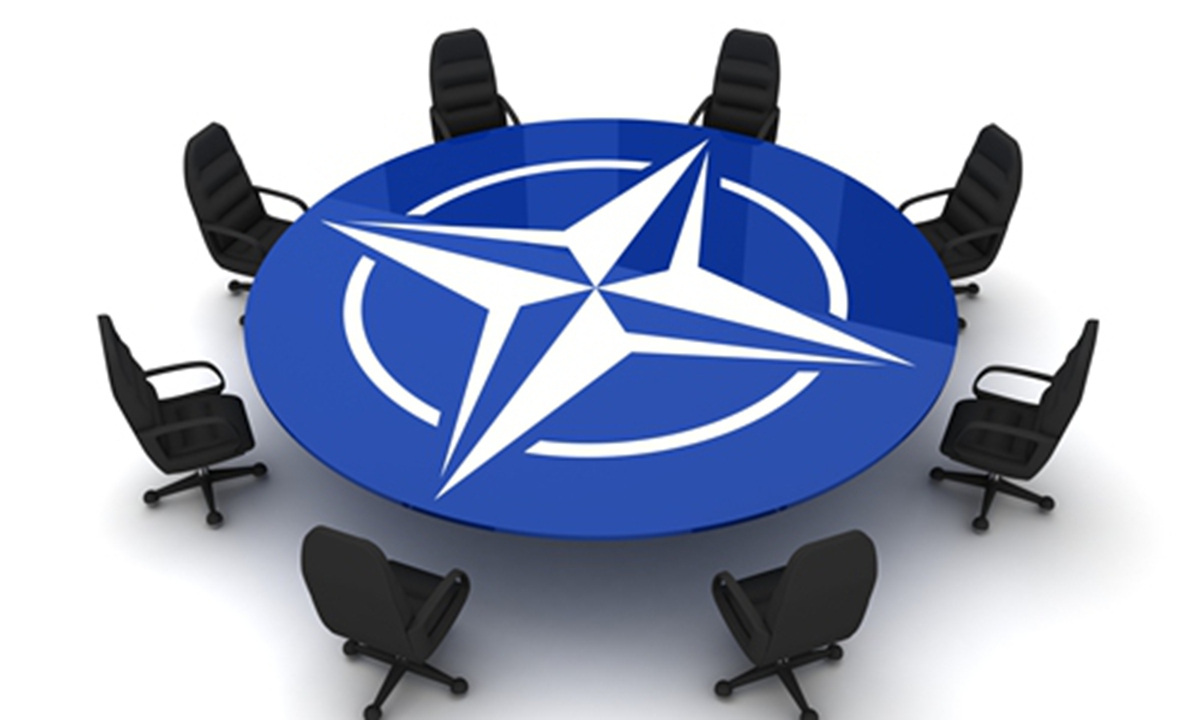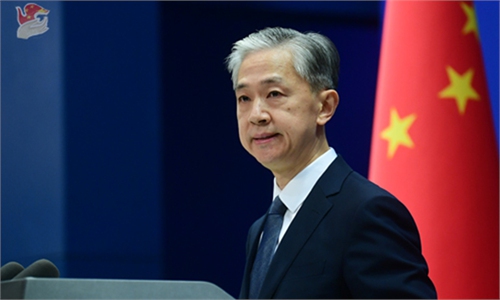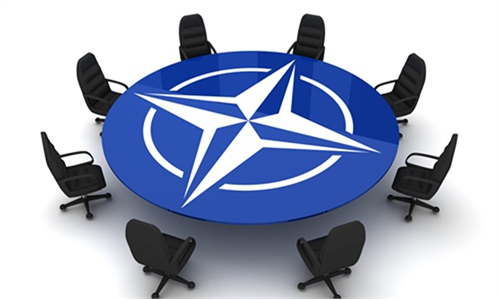
NATO Photo: IC
The BALTOPS 22 NATO Exercise is scheduled to be held from June 5 to 17. In addition to the 14 NATO members, two non-NATO members, Sweden and Finland, are also scheduled to participate. This is a promotion of the two countries' joining of NATO and thus completing NATO's northward expansion in due time. Since the two countries applied to join NATO in mid-May, Turkey, an important NATO member, has made objections. But this is Turkey's diplomatic tricks. It is very likely Turkey will agree after having reached its goals. NATO's northward expansion is almost a fixated scenario.
Over the past two weeks, Turkey has been raising more conditions. Turkey's original request was for Sweden and Finland to adjust their policy of allegedly supporting the Kurdish militants whom Turkey considers terrorists, and now there are many new problems and conditions. Turkey's move is to meet its own demands and resolve its old diplomatic grievances. NATO requires that all applicant countries should not have territorial disputes with neighbors and new applications should be approved by all member states.
Sweden and Finland are eager to join NATO and enjoy its collective security guarantee. However, Turkey is taking the opportunity to force Sweden and Finland to change their position on Kurds, isolate Kurdish separatism and maintain Turkey's national interests. Turkey also hopes to take the chance and break the restrictions on the exports of military products from Sweden, Finland and the US, and eliminate discrimination in arms purchases within NATO. And in the name of global anti-terrorism, Turkey wants to coerce Sweden, Finland and the US to restrict the "Gulen movement," as a way to boycott the US' values-based diplomacy. Turkey also aims at seeking more bargaining chips for itself to join the EU in the future.
Meanwhile, Turkey has some long-term considerations. First, Turkey worries that it will be further isolated after NATO's expansion. After the Cold War, NATO has expanded eastward five times, and the countries concerned are basically Western allies and Christian states. As the only Islamic country in NATO, Turkey's say may be further diluted, and it may face larger pressure in terms of the so-called values. Therefore, Turkey has instinctively opposed NATO's expansion, be it eastward or northward. NATO and EU members are increasingly close to overlapping, further adding to Turkey's sense of loneliness and making it inevitable to object Sweden and Finland's joining NATO.
Second, Turkey is worried that easily nodding its head may harm its relations with Russia. Although Turkey has maintained friendly relations with Russia and Ukraine and actively mediated between the two, its position to avoid condemning and accusing Russia along with the West is very clear. Sweden and Finland joining NATO is a matter greatly and directly related to Russia's strategic interests, which will definitely lead to trouble in Russia-Turkey relations. The two countries also share huge interests in the Middle East and anti-terrorism issues.
Third, Turkey is worried that Sweden and Finland's joining NATO will exacerbate Russia's strategic security dilemma, triggering its direct conflict with NATO and then involving Turkey into an irrelevant geopolitical war. According to the collective defense principle in the NATO treaty, when a NATO member is involved in a war, Turkey is also obliged to send troops. This will inevitably lead to armed friction with Russia, especially on the issue of Russian warships passing through the Bosphorus Strait.
It is highly possible that Turkey will eventually agree to Sweden and Finland's application. First, Turkish President Recep Tayyip Erdoğan and his government have always pursued pragmatic diplomacy that serves Turkey's interests of specific times. Some of Turkey's demands may be met in exchange of its compromise in Sweden and Finland's NATO bid. The Biden administration has firmly supported NATO's expansion. Facing such a tough attitude, Turkey has to think about the consequences of resisting to the end.
Also, Sweden and Finland's conditional application for joining NATO has reduced the intensity of Russia's reaction and the probability of trigging a war. To ease Russia's irritation and resistance, Sweden and Finland have offered concessions such as not accepting NATO's dispatch of troops or setting up NATO military bases. If Russia's attitude changes, Turkey can dispel its concerns in this regard.
It is the will of the US and most NATO members that Sweden and Finland should join NATO. This relates to the interests of the collective security. It is difficult for individual members to isolate itself by true one-vote veto. The two countries joining NATO is only a matter of time.
Ma Xiaolin is dean of the Institute for Studies on the Mediterranean Rim at Zhejiang International Studies University, and Shen Shali is an assistant research fellow with the institute. opinion@globaltimes.com.cn



